Introduction of the ebook: The Thirteenth Tale
Đánh giá : 3.97 /5 (sao)
All children mythologize their birth…So begins the prologue of reclusive author Vida Winter’s collection of stories, which are as famous for the mystery of the missing thirteenth tale as they are for the delight and enchantment of the twelve that do exist.
The enigmatic Winter has spent six decades creating various outlandish life histories for herself — all of them inv All children mythologize their birth…So begins the prologue of reclusive author Vida Winter’s collection of stories, which are as famous for the mystery of the missing thirteenth tale as they are for the delight and enchantment of the twelve that do exist.
The enigmatic Winter has spent six decades creating various outlandish life histories for herself — all of them inventions that have brought her fame and fortune but have kept her violent and tragic past a secret. Now old and ailing, she at last wants to tell the truth about her extraordinary life. She summons biographer Margaret Lea, a young woman for whom the secret of her own birth, hidden by those who loved her most, remains an ever-present pain. Struck by a curious parallel between Miss Winter’s story and her own, Margaret takes on the commission.
As Vida disinters the life she meant to bury for good, Margaret is mesmerized. It is a tale of gothic strangeness featuring the Angelfield family, including the beautiful and willful Isabelle, the feral twins Adeline and Emmeline, a ghost, a governess, a topiary garden and a devastating fire.
Margaret succumbs to the power of Vida’s storytelling but remains suspicious of the author’s sincerity. She demands the truth from Vida, and together they confront the ghosts that have haunted them while becoming, finally, transformed by the truth themselves.
The Thirteenth Tale is a love letter to reading, a book for the feral reader in all of us, a return to that rich vein of storytelling that our parents loved and that we loved as children. Diane Setterfield will keep you guessing, make you wonder, move you to tears and laughter and, in the end, deposit you breathless yet satisfied back upon the shore of your everyday life. …more
Review ebook The Thirteenth Tale
Sigh. I really, really wanted to like this book. I heard good things about it, and it has many elements I usually love in a novel: a Victorian sensibility, questions of identity and sisterhood (as well as siblinghood generally), meta-commentary on writing, and a plain, quiet, somewhat chilly protagonist who prefers books to people. The protagonist, Margaret, grew up in a bookstore and learned to read using 19th century novels, and there are clear parallels in the story to Jane Eyre, Wuthering He Sigh. I really, really wanted to like this book. I heard good things about it, and it has many elements I usually love in a novel: a Victorian sensibility, questions of identity and sisterhood (as well as siblinghood generally), meta-commentary on writing, and a plain, quiet, somewhat chilly protagonist who prefers books to people. The protagonist, Margaret, grew up in a bookstore and learned to read using 19th century novels, and there are clear parallels in the story to Jane Eyre, Wuthering Heights, The Turn of the Screw, and so on.
And yet, with all it had going for it, somehow it fell flat for me. Somehow it felt slight and, eventually, tedious at the same time. There were definitely many interesting moments, but for some reason, the “gothic” elements of the story never swept me up in the passion and scandal the way it would if the Brontes or Wilkie Collins wrote it. Obviously this is an unfair comparison since the Brontes and Collins are my favorite writers, but then again, if you’re going to model your story on Jane Eyre (and indeed, there were parts that really beat you over the head with it, stating the obvious instead of allowing the reader to infer for herself), you should be up to the task, right? One of the problems, in my opinion, is that it seems Setterfield wanted a “Chinese box” construction ala Wuthering Heights, but whereas that novel drew me in and made me feel like I was personally sitting at Nelly’s feet as she told me the story of Heathcliff and Cathy, somehow Setterfield’s construction (in which the novelist Vida Winter tells Margaret her story, and does so using third person, for a reason revealed later in the novel) feels very distanced. Margaret has a personal obsession which is supposed to parallel Miss (the novel’s term, not mine) Winter’s, but this obsession, for me at least, had me wishing Margaret would just get over it already. Miss Winter’s story stops adding much new information at a certain point, and later we are given the diaries of a minor character, which essentially only goes over information we already know. Yet despite this, the ending feels rushed, and the mysterious “thirteenth tale,” which Margaret receives in writing toward the end, is only excerpted. One wishes A.S. Byatt had written this novel, as I suspect Setterfield may not have felt up to the task of writing “the thirteenth tale,” which has a fascinating premise. Byatt, I am sure, would have written a gorgeous tale to end the book with.
That’s the bottom line, I suppose: I just don’t think Setterfield is that good a stylist. The story should have drawn me in but didn’t, and I set it down to writing that simply wasn’t as imaginative or lovely as it could have been. If I read that someone made “hot, sweet tea” ONE MORE TIME I was going to go crazy — I like hot, sweet tea as much as the next Victorianist, but can’t you find something else to describe, or a different way of doing it?
With all of the wonderful Victorian-style writing going on now from former academics like Sarah Waters and AS Byatt, it’s too bad this book didn’t measure up. I kept comparing it to the (in my opinion) wonderful The Historian by Elizabeth Kostova, which is also a first novel by a former academic. The Historian has faults — it’s a little repetitious in certain points, it’s unwieldly, there are some logic issues — but it is so true to its Victorian predecessor (Bram Stoker’s Dracula) in feeling, and it completely sucks you in (pun intended). I have discovered a personal preference: I would rather have an overlong, unweildy, messy wonderful novel that completely absorbs me than a shorter, tidier, but slight novel that doesn’t touch me emotionally. Wow, did I just write a review that’s longer than the book I just read? …more


 Đang tải dữ liệu
Đang tải dữ liệu




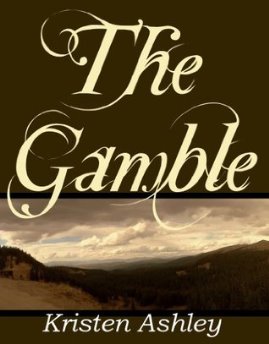
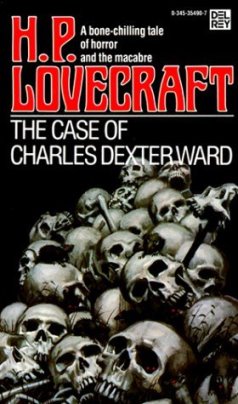
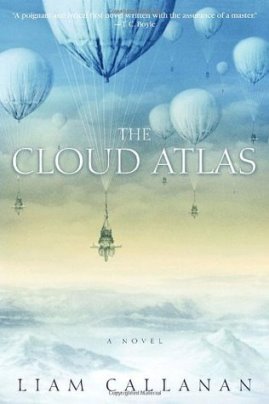
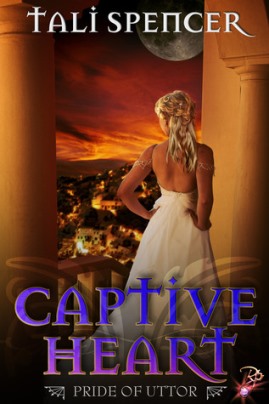
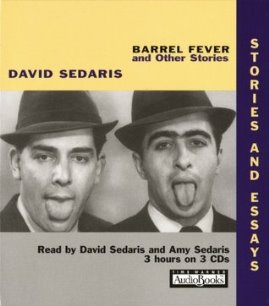

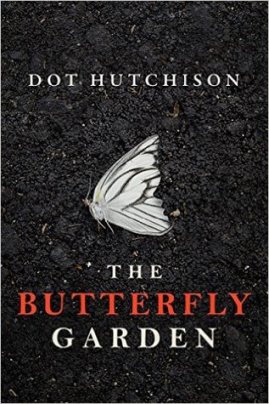
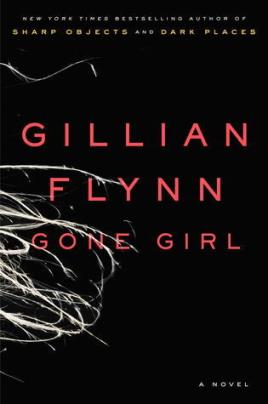
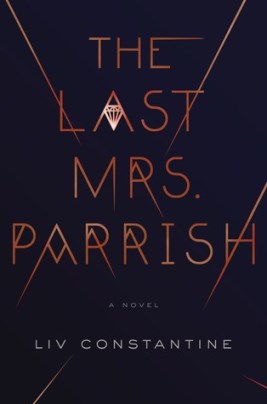
Chia sẻ ý kiến của bạn